Organic gardening is popular these days, as most of the gardeners avoid to use synthetic chemicals in their gardens. However, it is for challenging for the gardeners to control pests without resorting to harmful pesticides. Fortunately, there are many amazing organic solutions available that can effectively protect your plants from pests while keeping your garden safe and healthy. Among these, one astonishing organic pesticides is neem oil.
Other Topics You Might Like
Helpful Products You Might Like
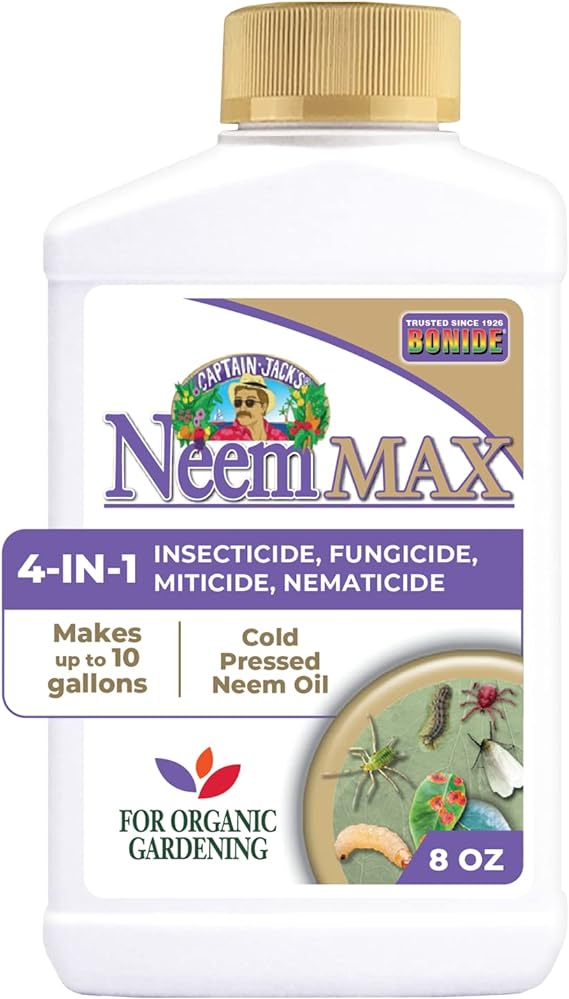
Bonide Captain Jack's Neem Max Oil For Organic Gardening
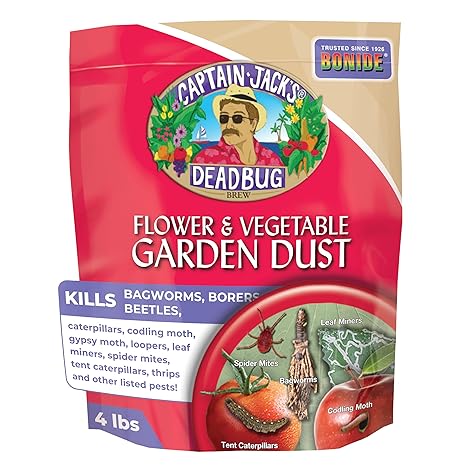
Bonide Captain Jack's Deadbug Flower & Vegetable Garden Dust
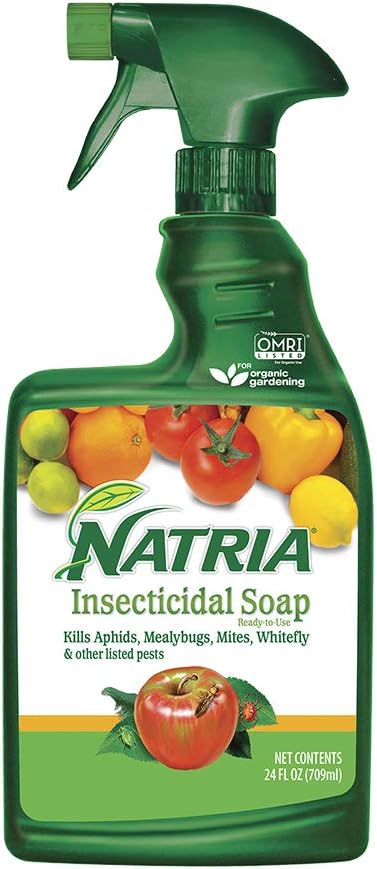
Natria Insecticidal Soap For Insect Killer and Organic Gardening
"(Paid Links)" 
What is Neem Oil?
The seeds of the native Indian neem tree are used to make neem oil. Neem oil has been used in both traditional medicine and agriculture for ages due to its amazing properties. The active ingredients, of neem oil known as azadirachtin, give it strong insecticidal properties. It destroys the insect's life cycle, and stops it from feeding, procreating, and eventually killing the insect.
Neem oil has antifungal qualities which can protect plants from powdery mildew and rust. It is also helpful against a wide range of garden pests, such as whiteflies, spider mites, aphids, and caterpillars. Neem oil is non-toxic to people, animals, and the environment.
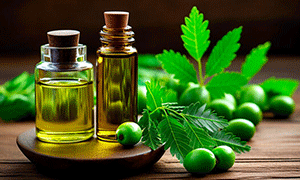
How to Use Neem Oil in the Garden
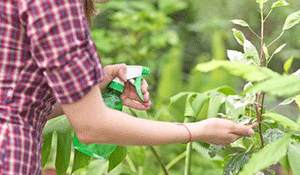
It is simple to use neem oil as a pesticide, but it requires proper preparation and application. Neem oil comes in concentrated form, so it is necessary to diluter it water and mixed with an emulsifier, such as dish soap, to ensure even distribution.
Preparation
Take a gallon of water and mix 1 or 2 tablespoons of neem oil with 1 teaspoon of mild dish soap. mix the mixture thoroughly. It’s important to use warm water to mix the oil more easily. now mixture is ready, pour the solution into a spray bottle or garden sprayer.
Application
Apply the neem oil solution early in the morning or late in the evening to avoid direct sunlight, which can cause the oil to burn the leaves. Spray the solution evenly on the affected plants, making sure to cover both the tops and undersides of the leaves where pests are likely to hide. Reapply every 7-14 days, or after heavy rainfall, to maintain its effectiveness.
Neem oil works as both a preventative and a treatment. Regular applications can help keep pests at bay and prevent infestations before they become severe. If you’re dealing with a specific pest problem, more frequent applications may be necessary.
Benefits of Using Neem Oil
The benefits of neem oil extend beyond its pest control capabilities. It also promotes healthy plant growth by acting as a natural fertilizer. Neem oil contains fatty acids, vitamins, and trace elements that nourish the soil and improve its fertility. Additionally, neem oil’s antifungal properties help protect plants from common diseases that can stunt their growth and reduce yields.
Unlike synthetic pesticides, neem oil doesn’t harm the environment. It breaks down quickly in the soil and doesn’t leave harmful residues on plants, making it a safe choice for gardens, orchards, and even indoor plants. This makes neem oil a versatile tool for organic gardeners looking to maintain a healthy and thriving garden.
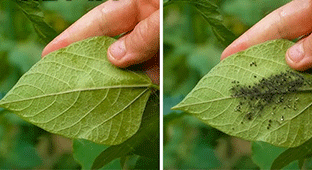
Considerations When Using Neem Oil
While neem oil is generally safe for most plants, it’s important to conduct a patch test before applying it to the entire plant, especially if the plant is young or sensitive. Apply a small amount of the diluted solution to a few leaves and wait 24 hours to check for any adverse reactions. If no damage occurs, you can proceed with a full application.
It’s also important to note that neem oil has a strong smell, which some people find unpleasant. However, the odor dissipates quickly after application and is a small trade-off for the benefits it provides.
Neem oil should be stored in a cool, dark place to preserve its potency. It’s also best to prepare only as much solution as you need for immediate use, as the mixture can lose effectiveness if stored for extended periods.
